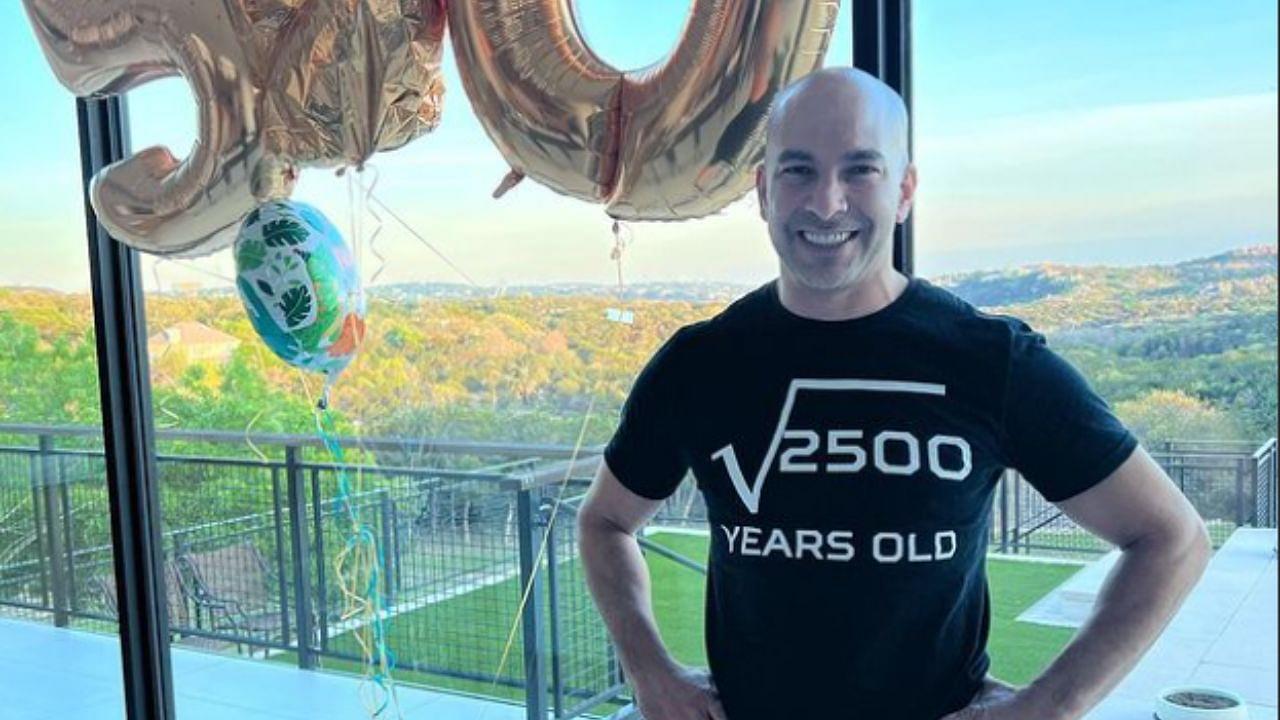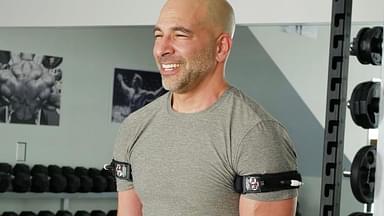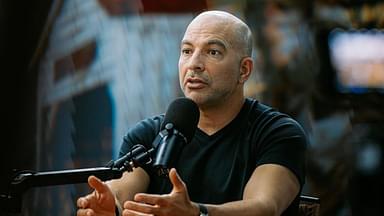Often associated with one of the silent killer diseases, Type 2 diabetes is growing painfully common across the globe. While diagnosis and treatment plans often involve various medications, Dr. Peter Attia revealed the reality of the situation. In a conversation with podcast host Rich Roll, the physician addressed practical approaches toward the disease.
Type 2 diabetes is an indication of a carbohydrate metabolism disorder. This stems from imbalanced nutrition where one overcompensates, resulting in fat deposition. Dr. Attia revealed that insulin resistance is a consequence of this situation.
Traditional medicines and drugs are the mainstream approach to tackling type 2 diabetes. However, as Roll elaborated, this technique was more like a band-aid on a gash than a deep-rooted treatment. The doctor could adjust the medication dosage or change the prescription to keep the disease in check. But the solution wasn’t long-term.
“I don’t want to be critical of the doctor…the doctor’s…got 12-15 minutes with each patient…assuming you even understand enough about exercise physiology and nutrition, are you going to have an impact or is it easier to change the prescription and adjust the multiple medications…”
Medications are not an easy breezy way out of the problem. They’re equally effective and helpful in controlling type 2 diabetes. However, the solution is more arduous if the goal is to reverse the condition instead of merely stunting it.
Dr. Attia points out that dealing with diseases like diabetes is akin to balancing on a tightrope with monitoring glucose levels. The key was to increase the muscles’ capacity to hold on to sugar instead of the liver doing so. The solution to this was bringing changes in habits and routines.
“If you wanted to fix this, you would have to actually do something that reverses it and I don’t think the medications are doing that…you have to basically change their nutrition status, change the exercise, fix the sleep…”
All of these steps take up extra time and effort that both medical practitioners and patients should be willing to invest in. Since sugar is a controversial subject that appears in many conversations surrounding fitness, having a plan that fits an individual is crucial.
Dr. Peter Attia discusses strength training in old age
As one ages, mobility becomes an essential skill to perform the simplest tasks. Dr. Attia consulted Dr. Stuart McGill in a podcast to chart an ideal workout plan to help with this.
Recalling an anecdote from his practice, Dr. McGill pointed out that mobility is a common goal for both old-aged seniors and athletes. The solution to it was simply strength training. The ability to grip, pick up weights, correct one’s posture, and more in day-to-day life improves mobility by leaps and bounds. Dr. McGill swears by the technique to help improve one’s quality of life.





